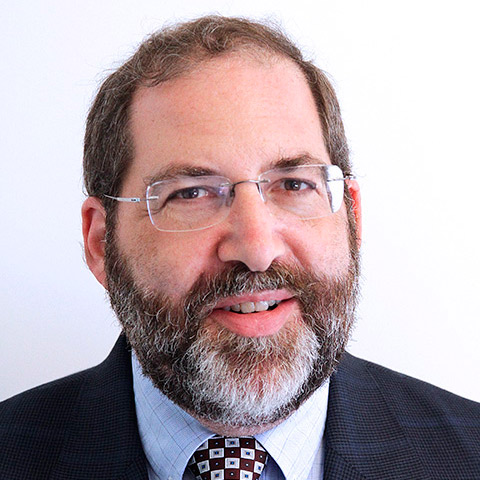Oren M. Levin-Waldman is a Research Scholar at the Global Institute for Sustainable Prosperity and Professor of public policy in the School for Public Affairs and Administration at Metropolitan College of New York. He is author of Restoring the Middle Class though Wage Policy (Palgrave MacMillan), Wage Policy, Income Distribution, and Democratic Theory(Routledge); The American Constitution (Bridgepoint Education Co.); The Political Economy of the Living Wage: A Study of Four Cities (M.E. Sharpe); The Case of the Minimum Wage: Competing Policy Models (SUNY Press); Reconceiving Liberalism: Dilemmas of Contemporary Liberal Public Policy (University of Pittsburgh Press); and Plant Closure, Regulation, and Liberalism: The Limits to Liberal Public Philosophy (University Press of America). Among one of the researcher for Employment Policy Research Network (EPRN), he is a regular guest on “Westchester on the Level,” a blog/talk radio show where he discusses economic policy for an hour every other week. He also writes regular columns in the Yonkers Tribune and Labor Press, and contributes frequently to the United Steelworkers Blog.
People
Oren M. Levin-Waldman

Research Scholar and Professor of Public Policy in the School for Public Affairs and Administration at Metropolitan College of New York
